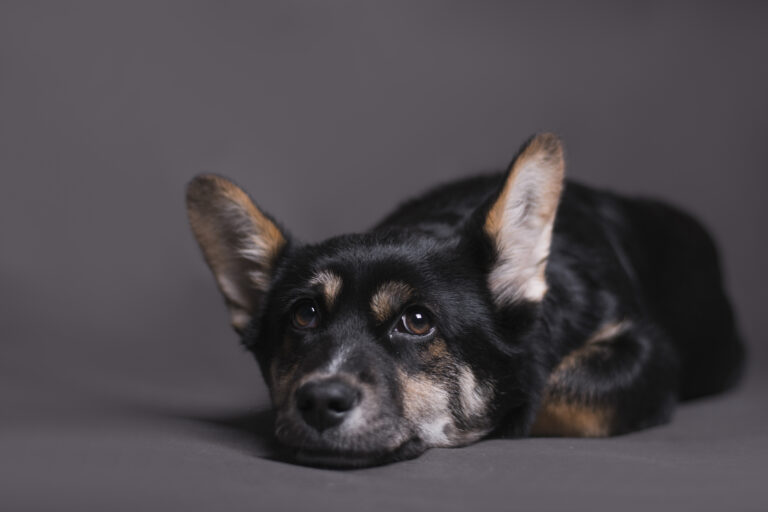Daffodil Poisoning in Dogs | Dangerous Things For Your Dog | Off Leash K9 Training
Daffodils (Narcissus pseudonarcissus) may be beautiful and cheerful but they could cause serious harm to your dog, as well as cats or horses. The majority of daffodil species, part of the Narcissus group of flowers, such as jonquils, paperwhites, and narcissus, all contain substances that can poison your dog if eaten. Occasionally, simple contact with these flowers is enough to cause external irritation, so great care must be taken when your dog is around daffodils.
The substances that can cause your dog to become ill are alkaloid components of the flower’s chemistry. Lycorine specifically causes dogs to become ill if ingested. The alkaloids are most concentrated in the bulb, or root, of the flower, but there is enough in the leaves and flowers to induce vomiting in dogs. Lycorine can also cause arrhythmia, increased salivation, breathing troubles, convulsions, low blood pressure and excessive drooling. The bulbs and flowers also contain teeny needle-like crystals of calcium oxalates, which will cause a dog intense pain of the lips, mouth, lounge, and throat, as well as stomach pain and vomiting.
In addition to causing illness when ingested, the dust from daffodil bulbs can be harmful to your dog if inhaled. This could potentially cause damage to your dog’s mucous membranes and upper respiratory tract, and we all know a dog’s nose is its most important organ!
Your dog could come into contact with daffodil bulbs in several ways. Your dog could dig the bulbs up and eat them, eat them as you plant, transplant or remove daffodils, or simply come into contact with the part of the plant that is above ground.
If you suspect your dog has suffering from daffodil poisoning, call animal poison control or your veterinarian’s office immediately; they may advise you to bring your dog to the office. If your dog’s condition seems severe, you may just want to bring them to the vet’s office or emergency facility directly.
Once you arrive at the veterinarian with your dog, let the staff know you believe your dog has daffodil poisoning. The staff will begin by doing a quick physical examination of your dog. They may then monitor your dog’s heart and breathing, do blood work, start intravenous fluids, or put them on oxygen.
Depending on the severity of the poisoning, they may perform several more tests and procedures to ensure your dog’s health. They may need to perform a gastric lavage (stomach pump), but don’t worry, your dog will be asleep for the procedure. The vet may also want to take x-rays or even a CT scan or MRI to check kidney and other organ function.
Unfortunately, if your dog falls victim to daffodil poisoning a trip to the veterinarians could cost you anywhere from $300 to $3,000, with the average treatment costing about $1,000. So, if you are planting, transplanting, or removing daffodils in your yard, or visit a public space with a lot of the flower, keep a close eye on your dog for their safety.
If you have questions about your dog or safety, contact us!

